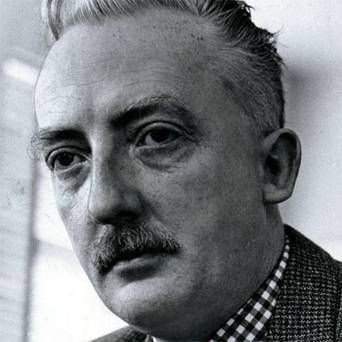The horror of Dublin's drugs problem has been highlighted with new research showing almost two thirds of a group studied in the 1980s over their habit are now dead.
The findings show that HIV was a prominent factor in the deaths of the intravenous drug users from inner South Dublin who were part of a 1985 health study. Out of 82 users who agreed to be studied, 51 had died by 2010, half of them due to HIV related illness.
Trinity College academics led the research, with Dr. Fergus O'Kelly revealing the latest findings in the Irish Journal of Medical Science. Dublin's heroin problem was chronic in the 80s and 90s, and was given exposure in the movie "Veronica Guerin," which depicted the journalist, who was murdered in 1996, exposing the crime bosses behind the deadly trade.
"HIV-related mortality peaked in this study cohort in the early to mid-1990s, a reflection of the development of untreated HIV from the early epidemic of the 1980s," Dr. O'Kelly said.
"The injecting cohort had a mortality rate 11 times that of the non-drug-using cohort (62 percent compared to 5.5 percent)."
The survivors from the study have a HIV rate of one third, and regularly attend hospital for anti-retroviral treatment.
The report's authors underlined the dangers of injecting drugs such as heroin, stressing the high rate of death associated with such consumption, and the sharing of needles
"A relatively stable picture of HIV associated with intravenous drug-users is now emerging in Ireland, as is the case throughout most of the EU," Dr. O'Kelly said.
"HIV is a more manageable chronic disease, posing challenges for primary care in its treatment of former and existing intravenous drug-users who are ageing and now have other chronic diseases."









